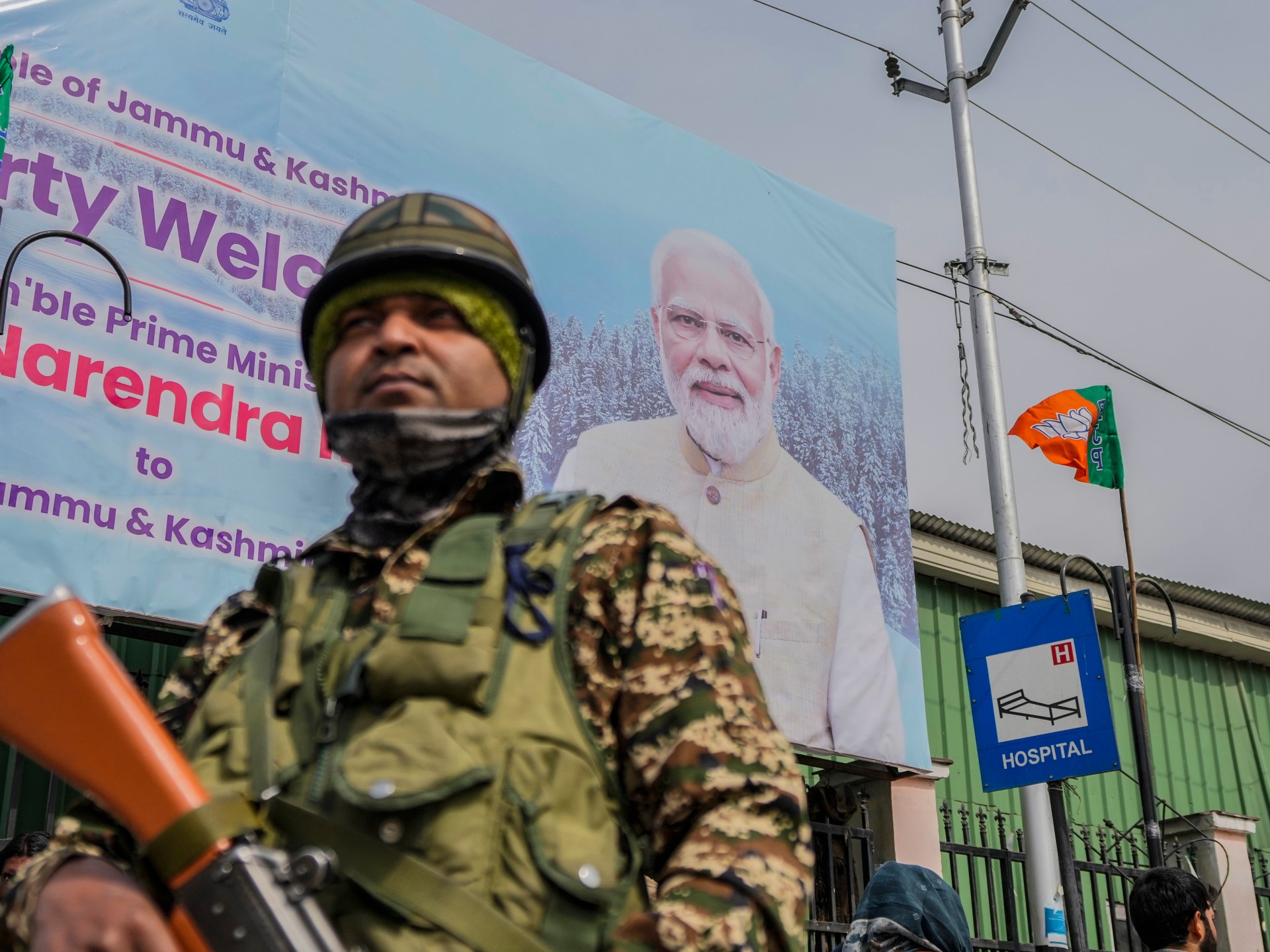Prime Minister Narendra Modi’s impending rally in the primary city of Indian-administered Kashmir marks his first visit since the contentious revocation of the region’s semi-autonomous status in 2019. This visit is particularly significant as it precedes India’s national election, slated to occur by May, the first electoral exercise since Kashmir lost its autonomy.
In 2019, Modi’s government revoked the special constitutional status of the Muslim-majority territory, bifurcating the erstwhile state into two union territories – Ladakh and Jammu and Kashmir – directly governed from New Delhi. This move nullified longstanding protections on land and employment rights accorded to indigenous residents.
While the decision was largely hailed within India, it ignited widespread discontent among many in the heavily militarized region. Since 1989, rebels in the Himalayan area have been engaged in a protracted insurgency, advocating for either independence or integration with Pakistan, which administers a smaller portion of the Kashmir region and, like India, lays claim to it in its entirety.
Government employees are being herded at five am in sub zero temperatures into vehicles at Budgam bus stand ferrying them to the PM’s rally. Disheartening to see employees being forcibly mobilised to paint a pretty picture that all is well post 2019 & that people here are… pic.twitter.com/NJePtET2P9
— Mehbooba Mufti (@MehboobaMufti) March 7, 2024
Ahead of Modi’s scheduled address at a public gathering in Srinagar, the main city of Indian-administered Kashmir, extensive security measures have been implemented.
Thousands of armed police and paramilitary personnel donning flak jackets have been deployed, accompanied by the establishment of new checkpoints across the city. Roads leading to the venue have been cordoned off, with thorough frisking of residents and vehicle searches being conducted. Additionally, naval commandos have been deployed to patrol the Jhelum River.
Modi’s visit aims to showcase various development initiatives, as mentioned in his statement on the social media platform X, with a focus on bolstering the agro-economy and promoting tourism. Furthermore, infrastructure around the revered Muslim shrine of Hazratbal is set to be inaugurated during his visit.
This event is viewed as an integral part of Modi’s election campaign preceding the national elections scheduled for April and May. The assertion from Modi’s government emphasizes that direct rule from New Delhi has ushered in a new era of “peace and development” in Kashmir. However, critics and many residents argue that it has led to significant restrictions on civil liberties and press freedom.
The preparations for the rally have prompted the closure of most schools in the city, while government employees have been instructed to attend the event. Former chief ministers of Indian-administered Kashmir, such as Omar Abdullah and Mehbooba Mufti, have raised concerns about the mobilization of government employees, alleging coercion and forced attendance at the rally.























